The Economic Standstill in Bocas del Toro Worsens Panama’s Economic Crisis
Temístocles Rosas, pictured below, criticized the impact on students, who have missed more than a month of classes. He also recalled the time lost during the COVID-19 pandemic.
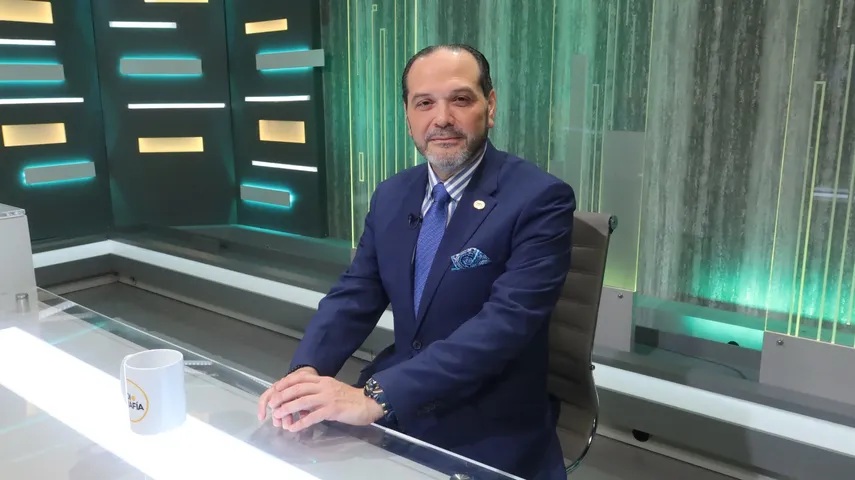
Bocas del Toro: The suspension of classes, the protests, and the closures, in the province of Bocas del Toro have created a critical situation for the country, according to business leaders and analysts. Temístocles Rosas, former president of the Panamanian Association of Business Executives (Apede), stated that the situation in Bocas del Toro is extremely regrettable, given that this province depends on banana production and tourism. “Both activities were completely devastated by the union leaders’ irrational decision to hold a strike for a purpose that has already been widely discussed within the country,” Rosas said.

Rosas highlighted the impact of the closure of Chiquita Panama’s operations in Bocas del Toro. Regarding the repercussions, he said the workers themselves are the ones who suffer due to the layoffs. “I believe there has been a lack of vision on the part of the leadership of the Banana Workers Union (SITRAIBANA) in seeking other mechanisms that could be in attention to the defense of their conditions, which, as Law 462 clearly states, are not being touched, are not being covered, and we need greater will,” he noted. He added that the situation in the province is serious due to shortages in several areas and in healthcare.
Impact on Education
Rosas criticized the impact on students, who have missed more than a month of classes. He also recalled the time lost during the COVID-19 pandemic. “What is being done to Panamanian students is unspeakable. Students are missing more than a month of classes, having already accumulated more than 500 days of absence from class between the pandemic and the strikes of the 22nd, 23rd, and now the 25th. We are having a negative impact on students,” he said.
Government Actions and the Future of the Banana Industry
Rosas addressed the government’s measures and the future of the banana industry in Panama. He recalled that he was involved in the closure of Puerto Armuelles when Chiriquí Land Company left due to union intransigence. “I’m sure that the Minister of Labor, Jacqueline Muñoz below right, is making every effort, along with the Minister of Commerce, Julio Moltó below left, to ensure the company doesn’t leave. But the workers’ sector must be willing to act. Law 462 doesn’t affect them under the conditions already in place under their law.
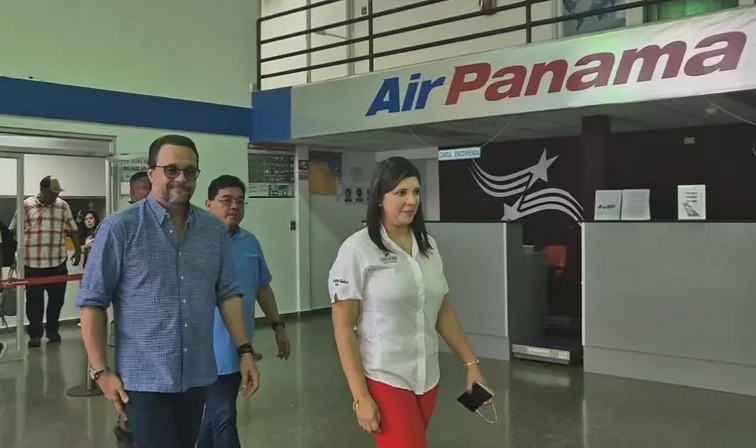
They have a different minimum wage than the rest of the country, because that’s established in Panamanian law,” he added. Rosas asked union leaders to stop harming their own employees and the public, and acknowledged the efforts the national government has made to reach an understanding with the sector. “Yes, the projects have to be built. Boca del Toro has a debt that’s been around for many years, but we have to look ahead. Without jobs, there won’t be a better quality of life, and they’re hitting their source of employment, and that’s where we have to look more objectively,” Rosas said.
Impact on Other Sectors and the National Economy
The former president of Apede addressed their assessment of the situation in Bocas del Toro, the impact on the tourism sector, and other regions of the country. “The situation is definitely becoming more precarious. The lack of supplies and other resources is limiting businesses because they can’t sell. In other words, there are micro-entrepreneurs who depend on land-based supplies for their businesses, and they’re not getting them,” he said. “Trade is indeed suffering, definitely in the tourism sector. When these closure warnings are issued, there is instability, and tourists stop coming. And that definitely takes many months to recover, and that’s an effect that’s being felt today in hotels, businesses, and restaurants. But beyond that, there’s uncertainty on the part of local investment,” he noted.
Mining
Finally, the government’s decision on mining activity was addressed. He noted that job and investment losses are expected starting in 2023. “I believe that after the Supreme Court’s decision in December 2023, we have been able to see the effects of that decision. Job losses, loss of economic activity, loss of investment, and those were definitely the consequences of the decision, but now we have to see what we are going to do with mining activity. We have repeatedly stated that mining activity must be part of the country’s economic model,” Rosas stated.
High-level Commission Arrives in Bocas del Toro after Emergency Declaration
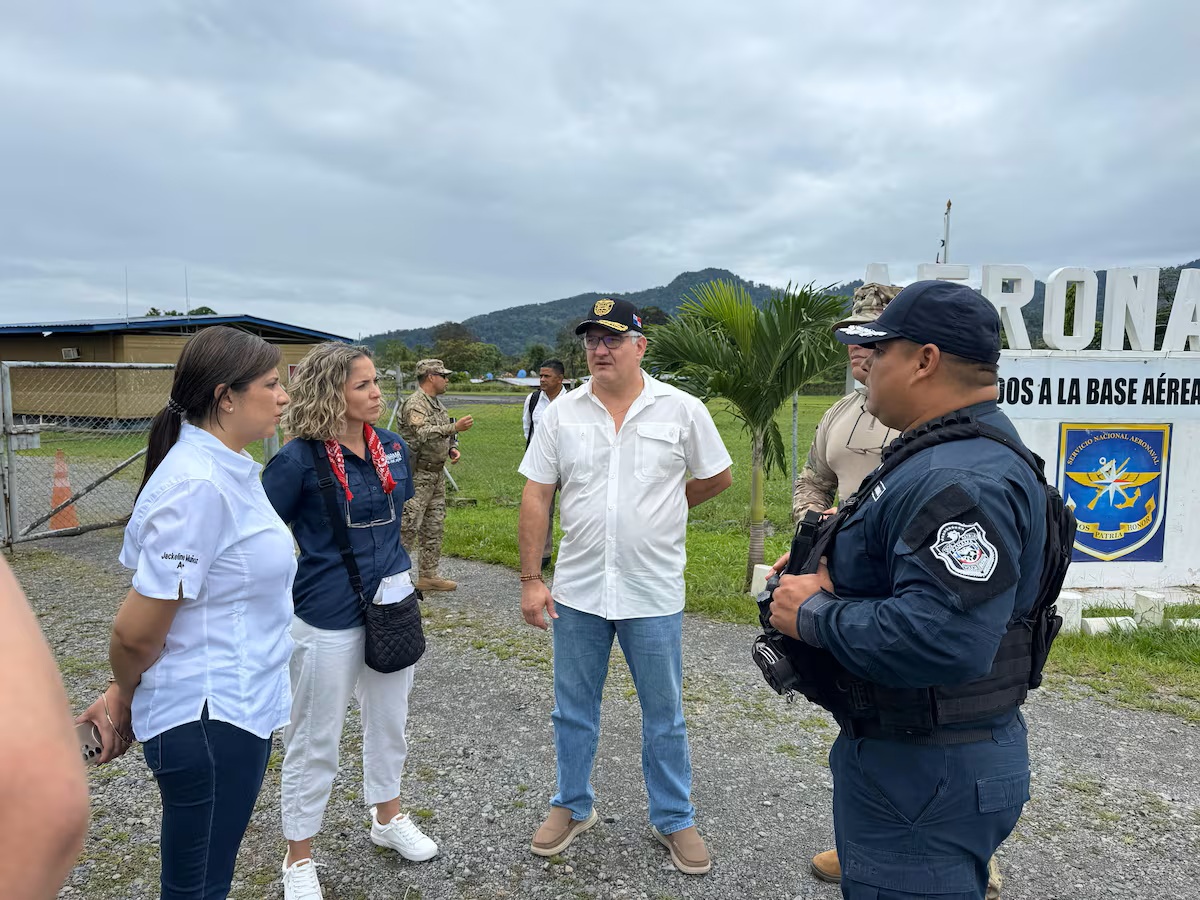
The visit is led by Juan Carlos Orillac, Minister of the Presidency center; Jackeline Muñoz, Minister of Labor and Workforce Development left; and Gloria de León, administrator of the Panama Tourism Authority (PTA)
Following the declaration of a state of emergency in the province of Bocas del Toro on Tuesday, May 27, senior officials from the National Government arrived this Friday in the district of Chiriquí Grande to propose concrete actions in response to the situation facing the region. The commission will prioritize the socioeconomic crisis generated by the strike called by the Banana Industry Workers Union (Sitraibana) in protest against Law 462, which reforms the Social Security Fund.
Bocas del Toro: Government Takes Action
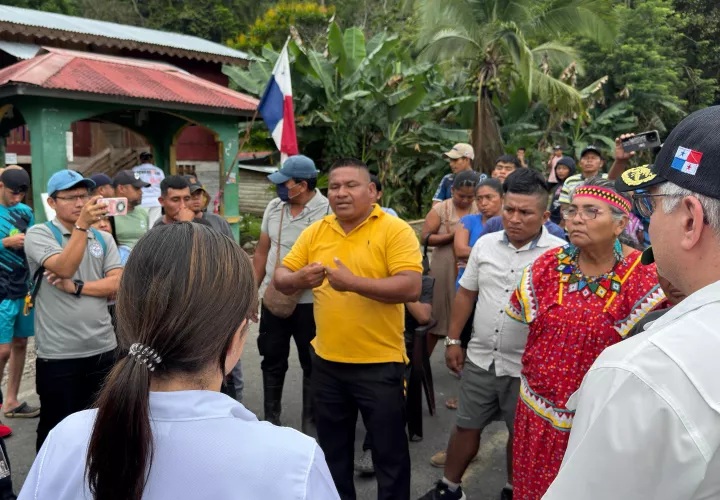
A high-level government commission arrived in the province of Bocas del Toro this Friday to establish initial contacts with community leaders, unions, and civil society representatives, amid ongoing protests and roadblocks in opposition to Law 462 of the Social Security Fund (CSS). Led by Juan Carlos Orillac, Minister of the Presidency; Jackeline Muñoz, Minister of Labor; and Gloria de León, Minister of Tourism, the delegation began its tour in the town of Chiriquí Grande. There, they held a meeting with Dora Gutiérrez, a community leader from Pueblo Nuevo, as well as with residents of the area, where blockades persist on main roads. The commission was appointed by the Executive Branch as part of the response to the state of emergency declared in the province, with the purpose of addressing the social and economic crisis affecting the region.
Threats Force Suspension of Health Fair in Bocas del Toro
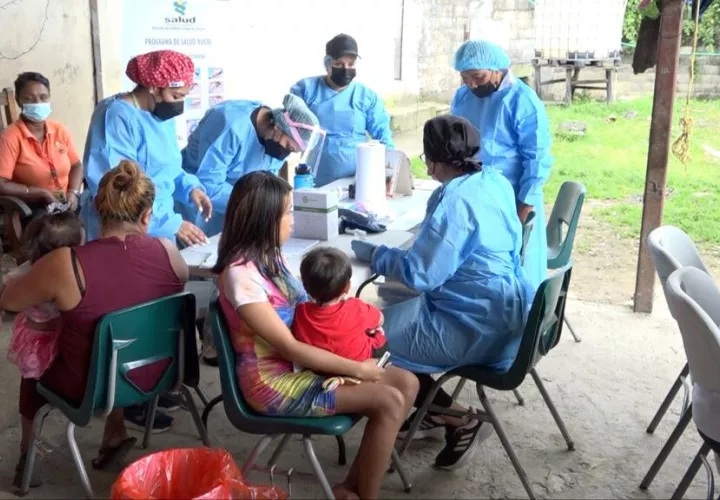
The Ministry of Health (Minsa) announced Friday the suspension of the Health Fair that was scheduled to take place tomorrow Saturday May 31, in the town of Chiriquí Grande, Bocas del Toro province. The decision was made as a precautionary measure to protect the safety of healthcare personnel and the public, following reports of aggressive threats from a group of protesters. Furthermore, the Ministry of Health indicated that the constant road closures have hampered the transport of supplies and medicines, which compromises the operational capacity of the activity. Health authorities announced that the fair will be rescheduled for a new date, which will be announced shortly through official channels. The province of Bocas del Toro has been in the midst of a social crisis for a month, as a result of the strike led by unions, teachers’ associations, and various civil organizations demanding the repeal of Law 462 of the Social Security Fund (CSS), a law that has generated widespread rejection among various sectors of the population.
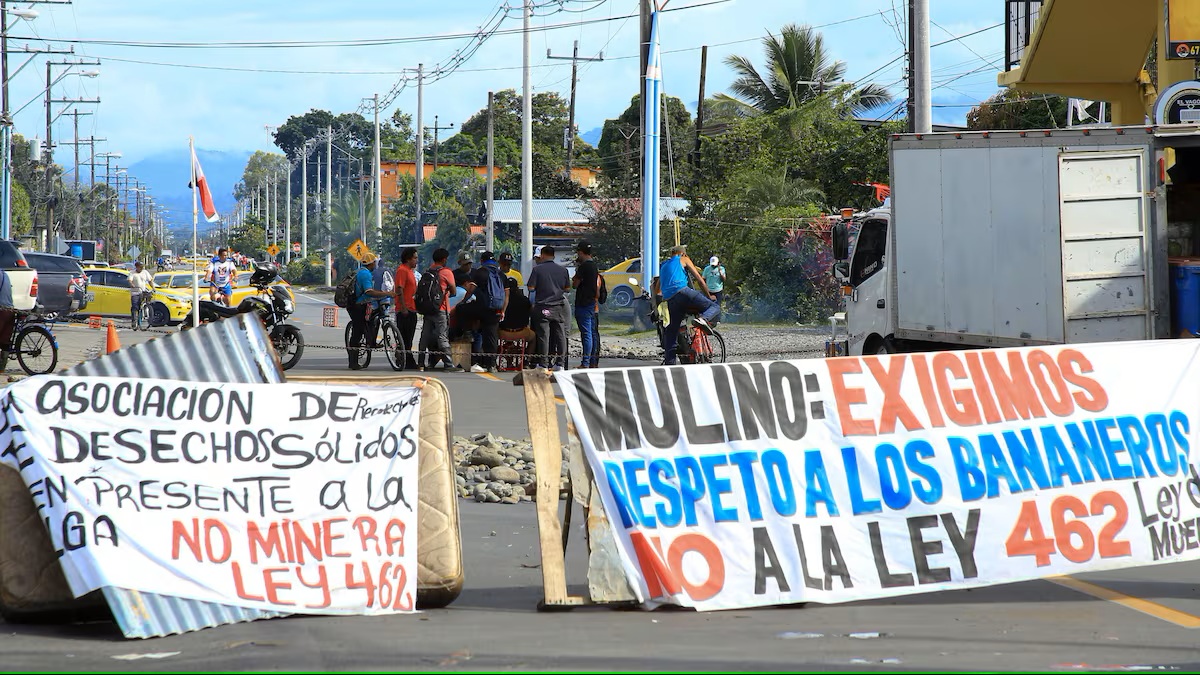
Ministry of Health (Minsa) officials planning to hold a health campaign in Chiriquí Grande, Bocas del Toro province, were threatened by protesters who are blocking access roads to the community. A statement from the Ministry of Health (MINSA) details that the event was postponed to a future date, when security conditions improve and there is no risk of attacks on officials.
Road Closures in Bocas del Toro were paid for in $100 Dollar Bills
Bocas del Toro has been semi-paralyzed for over a month by protests against Law 462, amid reports of cash payments to maintain the blockades and fuel a mobilization that has put life in the province at risk. Bocas del Toro journalist Senén Briceño, who lives in Changuinola, the province’s commercial hub, didn’t hesitate to answer: there’s money circulating. In an interview with Telemetro Reporta, Briceño stated that at each roadblock, the leaders who keep them active are being paid in cash. “At each roadblock, leaders are paid by cash and handed $100 bills,” the Bocas del Toro journalist reported.





